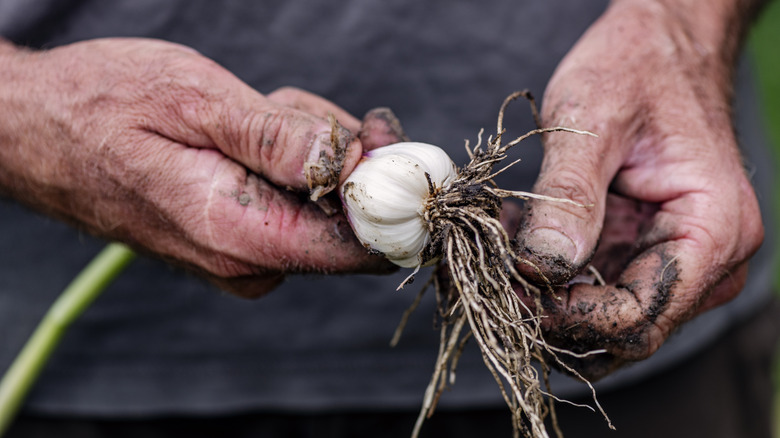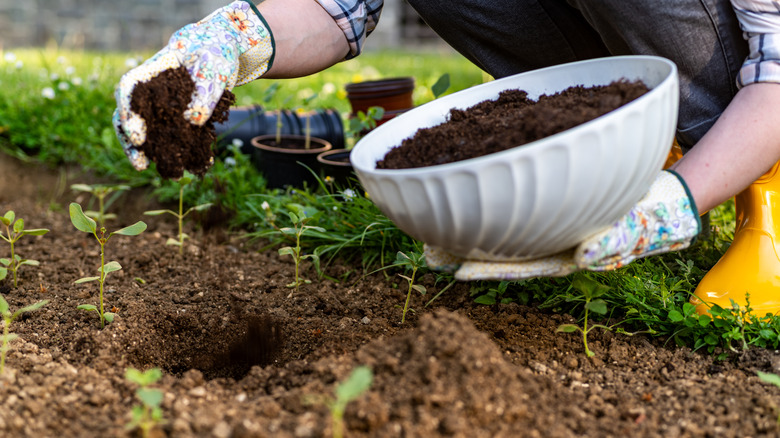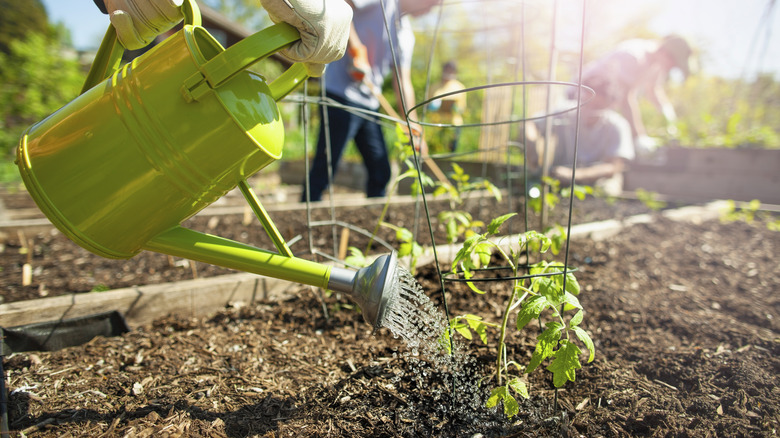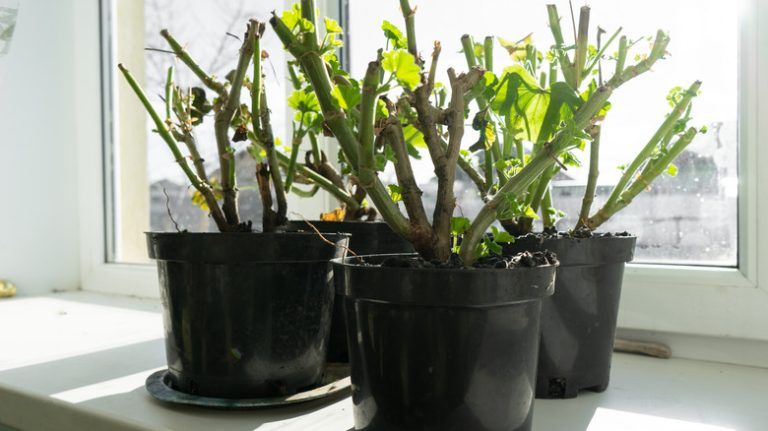Anyone who has ever kept a garden knows that regular watering is crucial in order to maintain soil moisture essential for plant growth. It ensures nutrient uptake and photosynthesis, and it prevents stress, wilting, and promotes a robust root system. Additionally, supplementing watering with fertilizers further enhances plant growth by providing nutrients like nitrogen, phosphorus, and potassium. A potential fertilizing alternative, some argue that infusing your water with garlic may have profound positive effects for your plants. But does this actually work?
Watering your garden with garlic-infused water may offer some positive outcomes due to the natural insecticidal and antifungal properties of garlic compounds. Garlic can work as pest control and fungus management in your garden temporarily; however, it is not an effective replacement for other fertilizers or pesticides long-term. While garlic may seem like an inexpensive and eco-friendly alternative to synthetic fertilizers, there simply isn’t enough data to support its continued success. Solely garlic-infused water might not provide the diverse array of nutrients necessary for the robust and sustained growth of the variety of plants that make up your garden, thus rendering this method a less effective alternative.
Why garlic might not be as effective as some say

Unfortunately, scientific evidence supporting garlic water’s effectiveness is limited, and there are reasons to be skeptical about its impact on plant growth. One common theory suggests that garlic can act as a natural pesticide, deterring pests from plants. While garlic does contain compounds like allicin, which has known insecticidal properties, the United States Environmental Protection Agency acknowledges that garlic is “non-persistent” in soil, suggesting it may not be sufficient to provide effective long-term pest control, especially when diluted in water.
Moreover, some enthusiasts propose that garlic-infused water can prevent certain fungal diseases. While garlic does have antifungal properties, the challenge lies in maintaining a consistent concentration of these compounds in the soil over time. For the same reasons garlic is ineffective at pest control, it may not stand up against fungi either, especially since they can be persistent.
Additionally, the allelopathic effects of garlic, where it releases chemicals inhibiting the growth of other plants, can be a double-edged sword. While it might suppress unwanted plants or weeds, the National Library of Medicine found that garlic can also hinder the growth of desirable plants, such as cucumbers. This highlights the importance of considering the broader impact of garlic on your entire garden and the plants it contains.
Other natural methods to enhance your garden

There are other great, proven methods of naturally enhancing your garden with organic materials that may be more effective than simply using garlic water. Adding compost into your garden soil, for example, improves structure, water retention, and provides a balanced array of essential nutrients for plants. Composting fosters a healthy soil microbiome, promoting the growth of beneficial microorganisms that contribute to nutrient cycling and disease suppression.
Another valuable practice is the use of organic fertilizers derived from natural sources, such as composted manure, bone meal, or seaweed extracts. Unlike synthetic fertilizers, these organic alternatives release nutrients slowly, preventing the risk of nutrient runoff and soil imbalance. Organic fertilizers also contribute to long-term soil fertility by encouraging microbial activity and enhancing the overall structure of the soil. They support a sustainable and environmentally-friendly approach to gardening by reducing the reliance on chemicals.
Finally, incorporating cover crops into your gardening can also naturally boost the soil. Cover crops, like clover or legumes, protect the soil from erosion and suppress weeds. Furthermore, these plants can boost nitrogen levels, enriching the soil with this vital nutrient found in traditional fertilizers. Cover cropping not only improves soil fertility, but also aids in pest management, as certain cover crops can disrupt the life cycle of harmful insects and nematodes.




